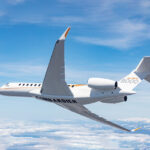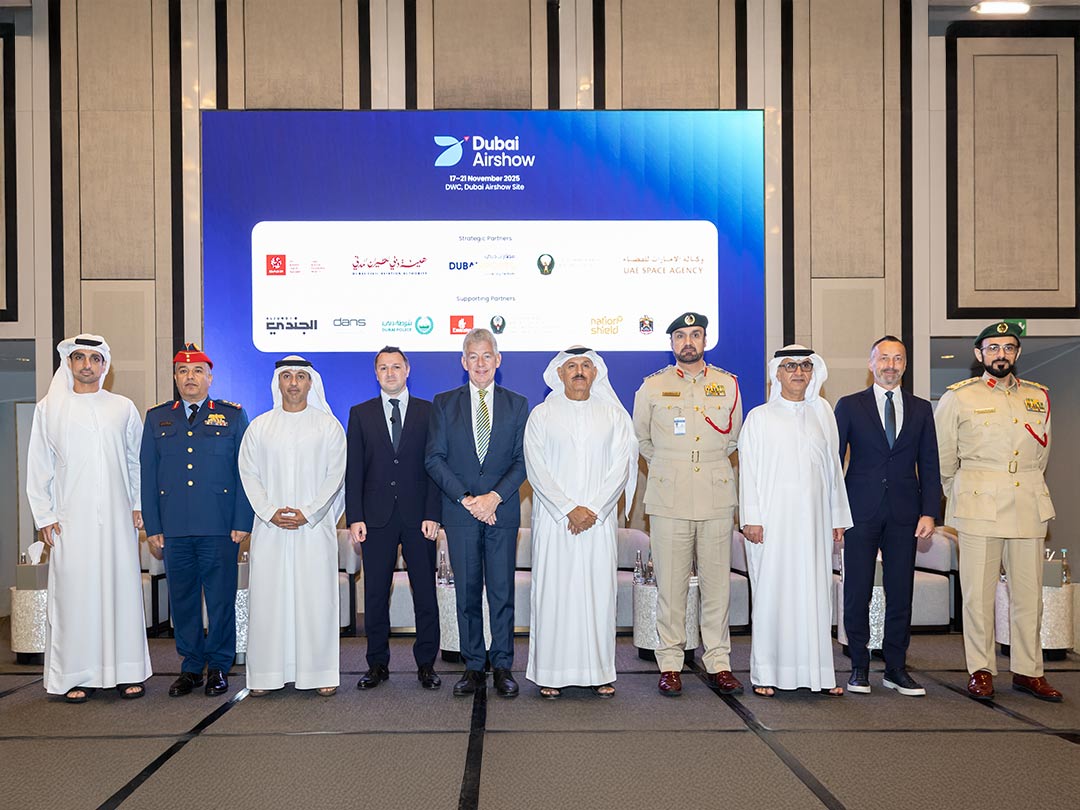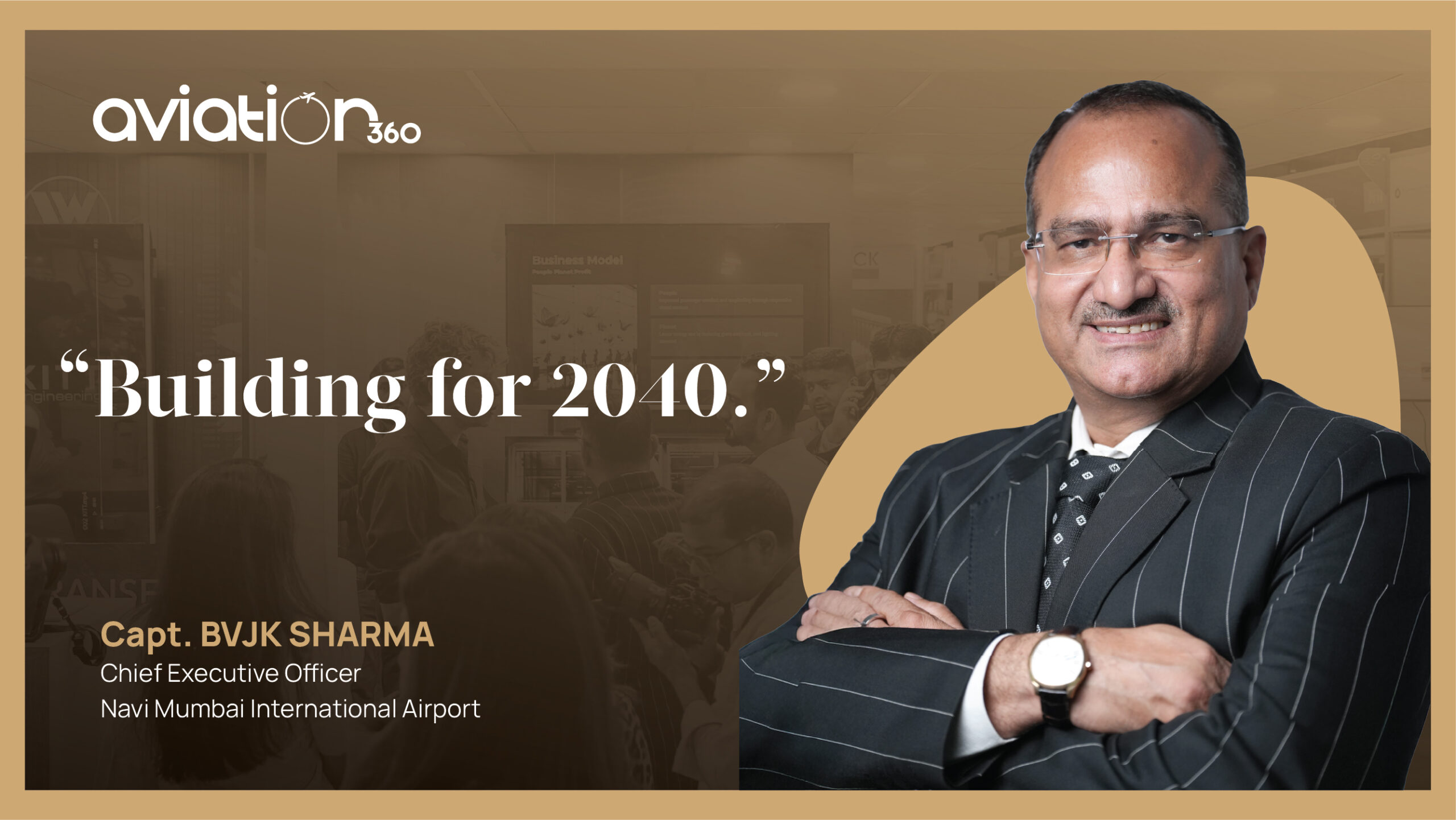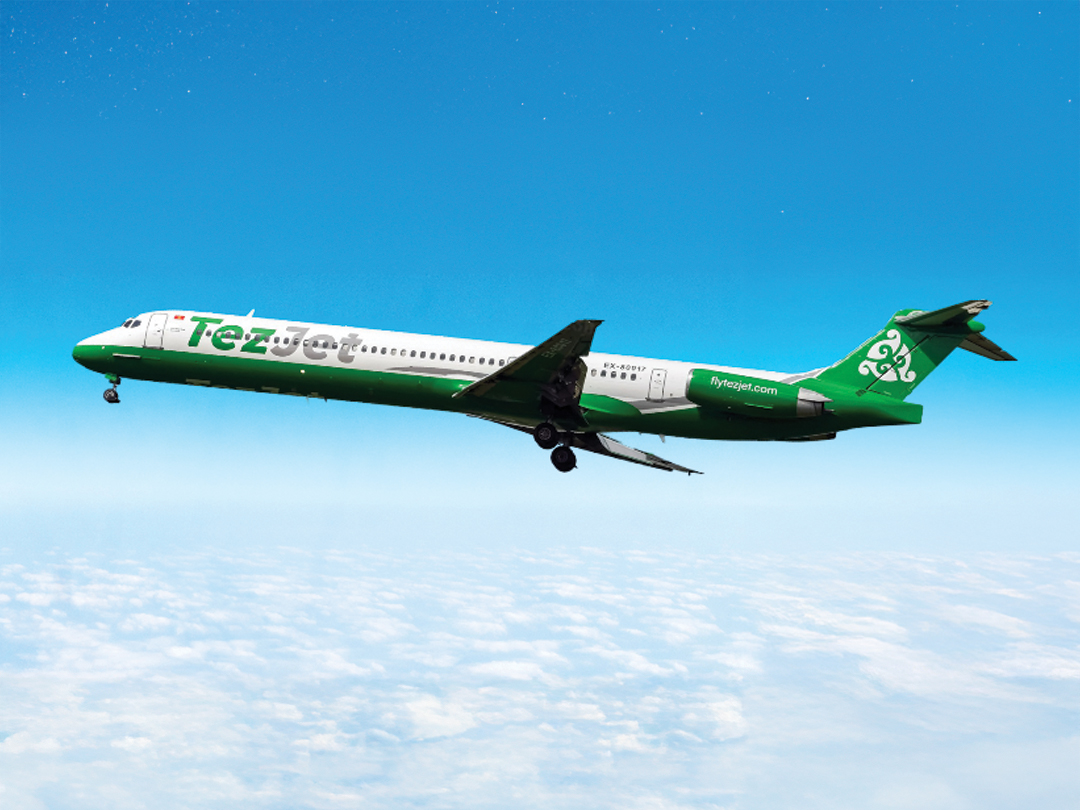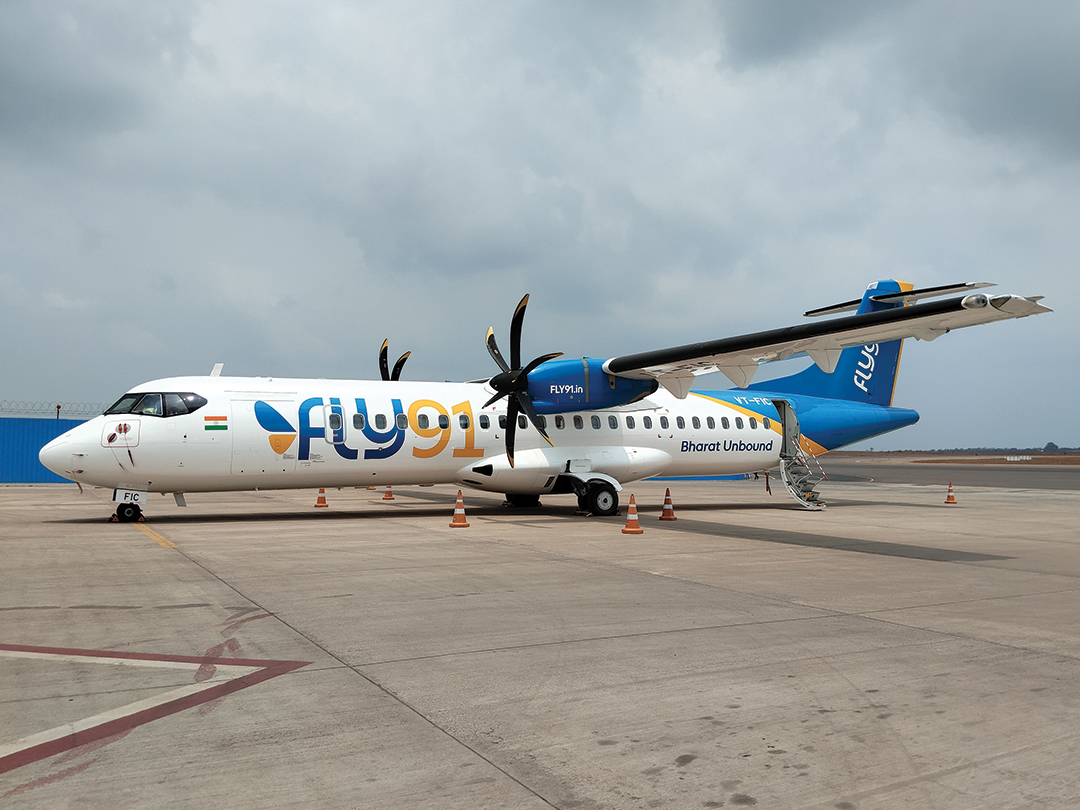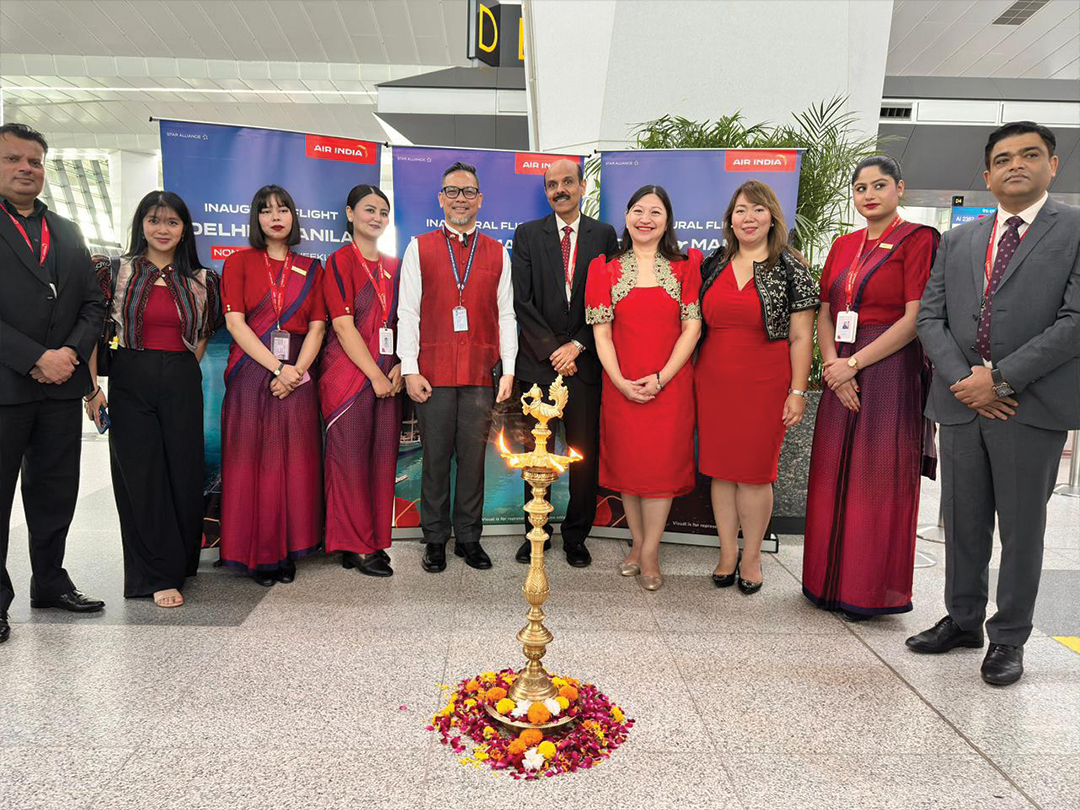The CEO of Qatar Airways expressed doubt on Tuesday about an aviation sector goal to achieve net-zero emissions by the year 2050, citing insufficient Sustainable Aviation Fuel sources and immature alternative hydrogen vehicle designs. “I don’t think that we will be able to achieve net-zero emissions by 2050. Everybody’s talking about it but let us be …
CEO of Qatar Airways says 2050’s net-zero objective is beyond reach
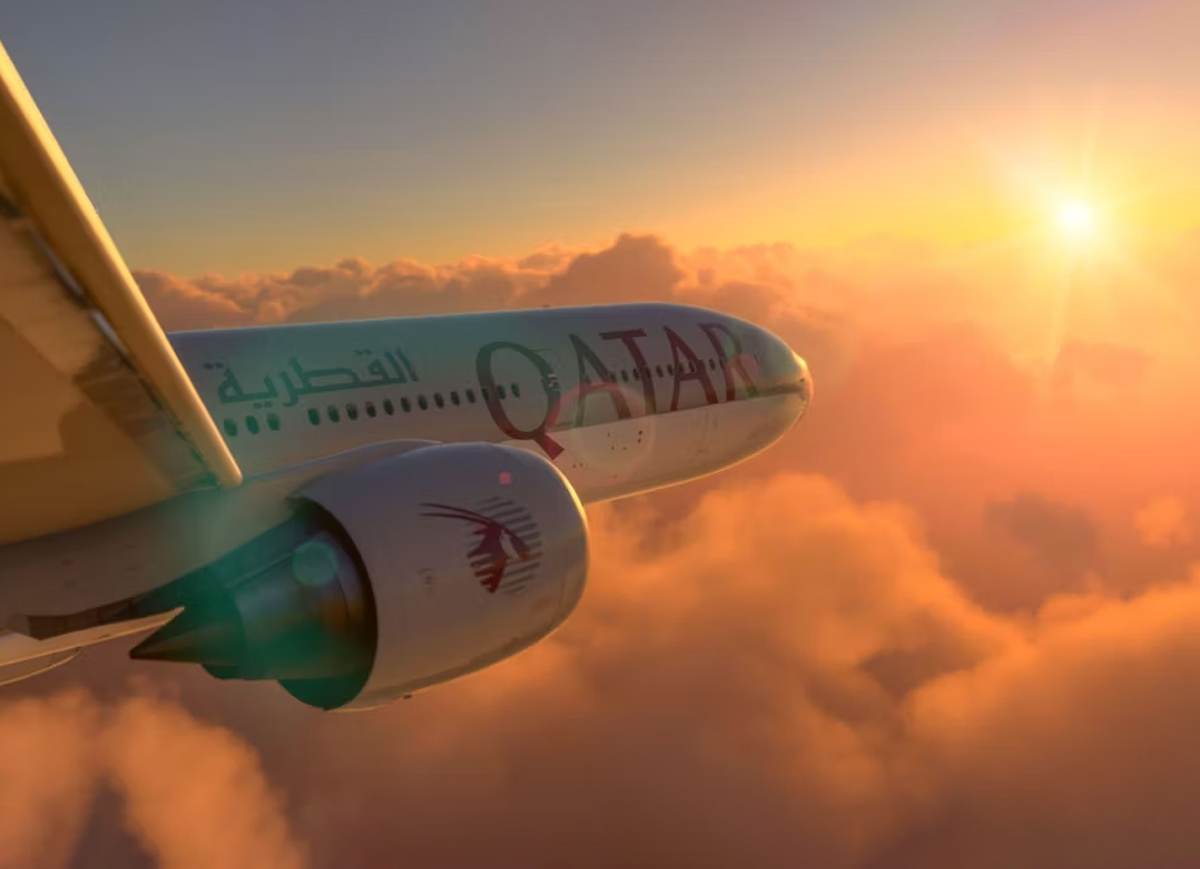
The CEO of Qatar Airways expressed doubt on Tuesday about an aviation sector goal to achieve net-zero emissions by the year 2050, citing insufficient Sustainable Aviation Fuel sources and immature alternative hydrogen vehicle designs.
“I don’t think that we will be able to achieve net-zero emissions by 2050. Everybody’s talking about it but let us be realistic – there is not enough production of sustainable aviation fuel,” Chief Executive Akbar Al Baker told the Qatar Economic Forum.
The industry’s most prominent leader issued the warning only days before international airlines were scheduled to discuss how to carry out the climate promise at the International Air Transport Association’s annual convention in Istanbul in June.
The primary focus has been on “drop-in” fuels that can be used in the current generation of jet engines, such as plant- or waste-based SAF and synthetic alternatives, because aviation emissions are thought to be difficult to reduce without radical technologies.
“Really the only significant contributor by way of change in technology is Sustainable Aviation Fuel. That’s the only thing that moves the needle between now and (2050),” Boeing Chief Executive Dave Calhoun told the same Doha event.
Airlines are afraid that a gap would thwart efforts to meet the goal in a dispute with the energy sector over supplies available for aviation. Additionally, there is little agreement on who should pay to increase production, and some environmental organizations complain that the plans are too modest.
By 2035, Airbus wants to see a small, commercial hydrogen-powered aircraft on the skies.
According to Calhoun of Boeing, such technology won’t be fully developed until the second half of the century.
A target set by IATA and other industry organisations, including airports and plane manufacturers, in 2019 was given political weight in 2021 when governments at a United governments body agreed to a long-term aspirational aim of net-zero aviation emissions by 2050.
Subscribe to Our Newsletter
Keep in touch with our news & offers
Thank you for subscribing to the newsletter.
Oops. Something went wrong. Please try again later.


